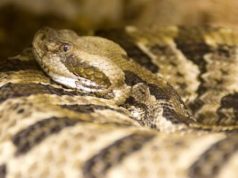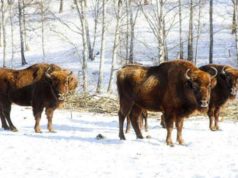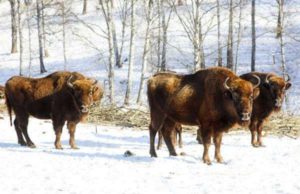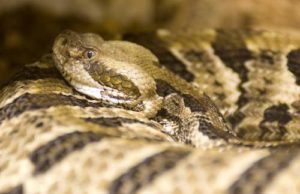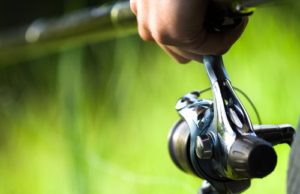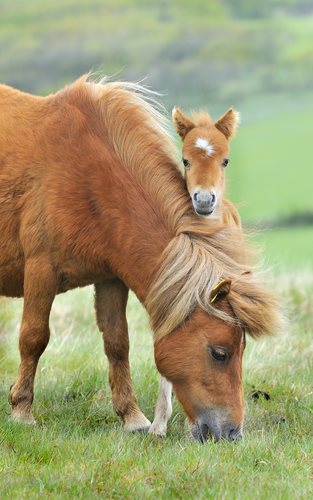
The Department of Agriculture’s Animal and Plant Health Inspection Service (APHIS) recently announced that it took a considerable amount of actions against people who violated animal welfare regulations. APHIS has attempted to make the violations transparent and has provided copies of court documents, official warnings, and more.
The following administrative complaints were filed by APHIS in October for violating the Animal Welfare Act (AWA) and Horse Protection Act (HPA):
AWA Docket No. 13-0012; Willa Page
Willa Mae Page was charged with selling dogs at numerous auctions on several occasions without a USDA license—directly violating 9 C.F.R. § 2.1(a)(1). The USDA has asked her to cease and desist immediately, pay civil penalties, and never again try to obtain a license under the Act again.
AWA Docket No. 13-0024: David Still; Gloria Still
The respondents were charged with failing to maintain requirements for veterinary care—a direct violation of 9 C.F.R. §2.40. The shelters for dogs were uncleanly, humid and hot, and cramped. The dogs did not receive potable water on many occasions, and many APHIS employees were harassed when performing inspections. The USDA is asking to suspend their licenses and have the respondents cease and desist immediately and pay civil fines.
A USDA administrative law judge issued decisions and orders in the following case:
APHIS Case No. CA08462; Robert Conyers Customers Brokerage
Robert Conyers was cited for multiple violations in handling nonhuman primates. He was cited for violating registration requirements, water and food requirements, ventilation requirements, and more during transportation of the primates. Specifically, he violated 9 C.F.R § 2.25(a), 9 C.F.R § 3.86(c), 9 C.F.R §3.87(c), 9 C.F.R § 3.87(d)(2), and 9 C.F.R § 3.89(c).
USDA administrative law judges heard multiple other cases, issued multiple decisions, and issued multiple orders in other cases well. The selections chosen above simply reflect recent cases heard by the USDA.
The AWA is enforced to make sure minimum requirements and treatment occurs in commercial breeding and selling, research, and transportation for exhibitions. The Act applies to animals raised for food, and the Act specifically addresses housing, handling, sanitation, nutrition, water, veterinary care, and protection from weather and temperature.
The HPA prohibits horses with soring to participate in shows, sales, auctions, exhibitions, or similar events. Soring is abusive technique used to highlight the horse’s foot movement, or gait. The USDA is allowed to conduct random investigations and enforce the AWA and HPA at any time.
Source: United States Department of Agriculture







